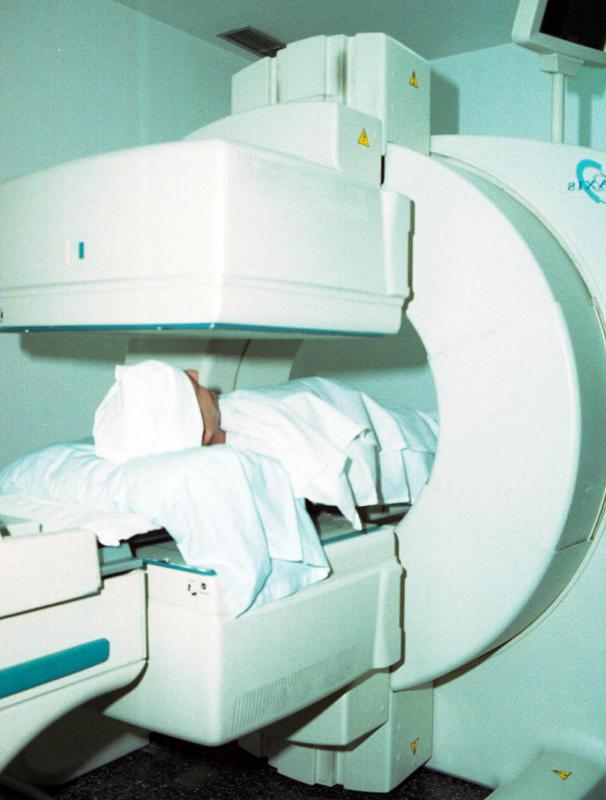At WiseGEEK, we're committed to delivering accurate, trustworthy information. Our expert-authored content is rigorously fact-checked and sourced from credible authorities. Discover how we uphold the highest standards in providing you with reliable knowledge.
What Is Clinical Neuropsychiatry?
Clinical neuropsychiatry considers mental disorders from a neurological standpoint. As such, abnormalities in the nervous system and the brain in particular are the focal point. Focuses of neuropsychiatry include brain structure damage and neurotransmitter deficiencies. Brain scanning machines and pharmaceutical treatments are common in this field.
Historically, neurology and psychiatry arose from a common desire to study the brain and its effects on human behavior. From this common origin, the two disciplines first converged in common training and later diverged as their areas of concentration began to separate. Neurology came to represent forays into the physical brain and its complicated nerve cell pathways and chemical reactions. Psychology shifted its focus to the products of the brain: human behavior and the systems of thoughts, memories, and beliefs that comprise the mind. As psychiatry became more of a recognized science, interest in the workings of the brain and the nervous system was renewed via clinical neuropsychiatry.

The brain consists of many small neural cells that join, interact, and communicate in various manners. Increasingly, scientists have acknowledged the role of these complex networks in creating and solidifying human behavior. Many psychologists have thus turned to neurology in explaining the human mind. Clinical neuropsychiatry exists alongside other theoretical fields like behaviorism, psychoanalysis, and cognition. These more traditional psychology approaches tend to emphasize factors like past experiences, sociocultural influences, and systems of thinking.

Psychiatry specifically is the medical portion of psychology that deals with mental disorders. As such, neuropsychiatry seeks answers concerning psychiatric dysfunction from the brain and its physical components. For example, behavioral neurology investigates the impact of brain diseases or brain injuries on neural functioning and subsequent behavior.

Clinical neuropsychiatry implies a clinical component beyond mere study and research. Individuals in this discipline seek not only understanding of mental dysfunction but practical solutions for diagnosis and treatment of these disorders. Diagnostic machines that map brain wave activity and neurological chemical reactions have been developed and used in large part for clinical neuropsychiatry. Such technological advances include the following: magnetic resonance imaging (MRI), electroencephalography imaging (EEG), computed tomography (CT), and positron emission tomography (PET). Further, these professionals study neurochemistry so that they may find pharmaceuticals that can correct chemical imbalances.
Genetics is also a major focal point of many neuropsychiatry studies. Many disorders are believed to possess at least a partial genetic origin. Disorders like schizophrenia or narcolepsy could be partially caused by abnormal neural pathways or brain chemical levels present from birth. The effectiveness of pharmaceuticals that correct issues such as abnormal neurotransmitter actions supports this assumption. Further, brain scans of individuals diagnosed with mental disorders routinely indicate abnormal brain structure or underactivity and overactivity in different brain regions.
AS FEATURED ON:
AS FEATURED ON:













Discuss this Article
Post your comments